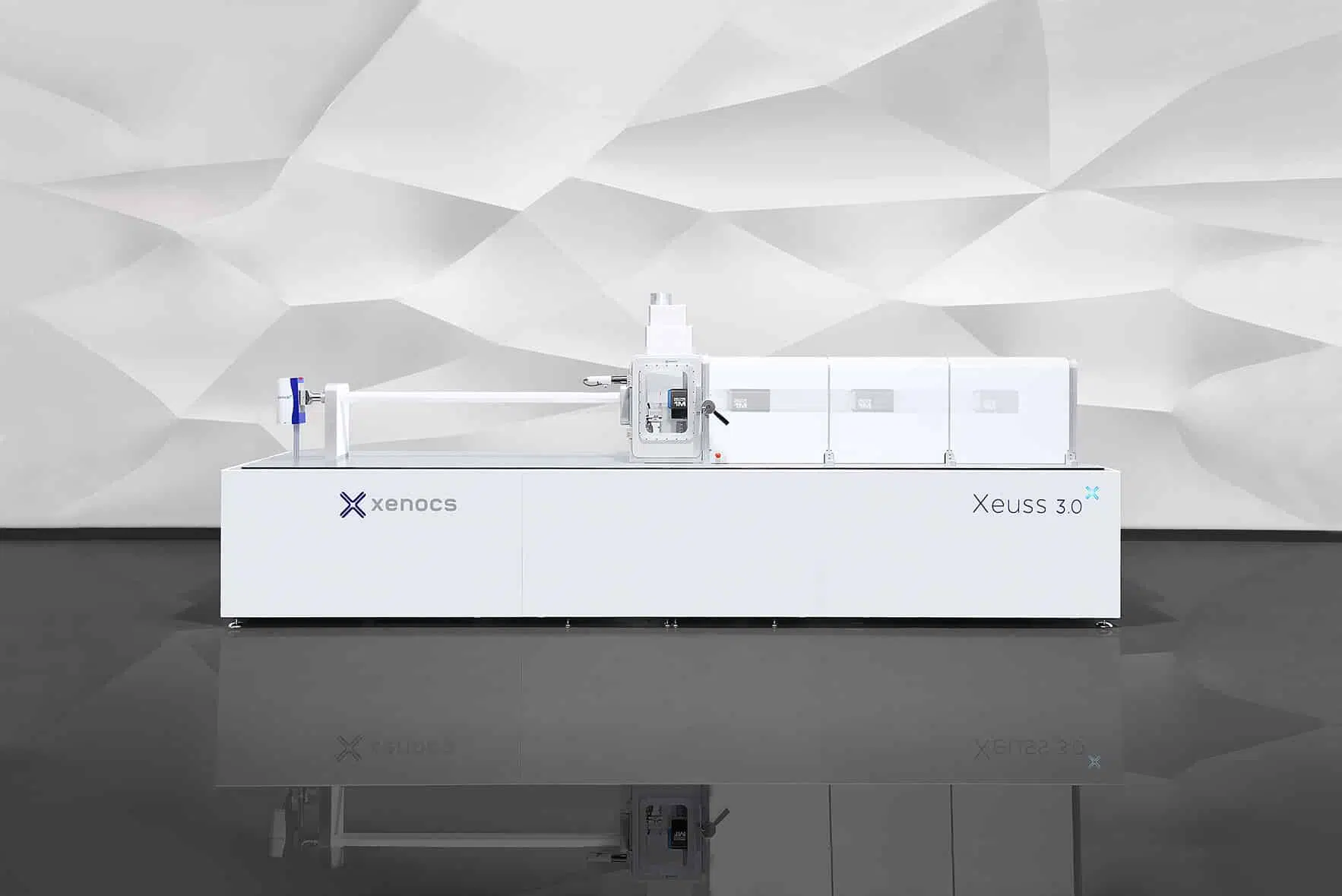Advanced Functional Materials, 2017, vol 28, 2, pp. 1702758
DOI:10.1002/adfm.201702758
Abstract
A series of poly(arylene piperidinium)s (PAPipQs) devoid of any alkali-sensitive aryl ether bonds or benzylic sites are prepared and studied as anion exchange membranes (AEMs) for alkaline fuel cells. First, the excellent alkaline stability of the model compound 4,4-diarylpiperidinium is confirmed. Medium molecular weight poly(arylene piperidine)s are then synthesized in polycondensations of N-methyl-4-piperidone and either bi- or terphenyl via superelectrophilic activation in triflic acid. Film-forming PAPipQs are subsequently prepared in Menshutkin reactions with methyl, butyl, hexyl, and octyl halides, respectively. AEMs based on poly(terphenyl dimethylpiperidinium) show the best performance with no structural degradation detectable by 1H NMR spectroscopy after storage in 2 m aq. NaOH at 60 °C after 15 d, and a mere 5% ionic loss at 90 °C. In the fully hydrated state these AEMs reach an OH− conductivity of 89 mS cm−1 at 80 °C. The presence of longer pendant N-alkyl chains (butyl to octyl) is found to significantly promote Hofmann ring-opening elimination reactions and the degradation rate increases with increasing alkyl chain length. The results of the present study demonstrate that PAPipQs are efficiently prepared from readily available monomers and show excellent alkaline stability and OH− conductivity when devoid of pendant N-alkyl chains.


































